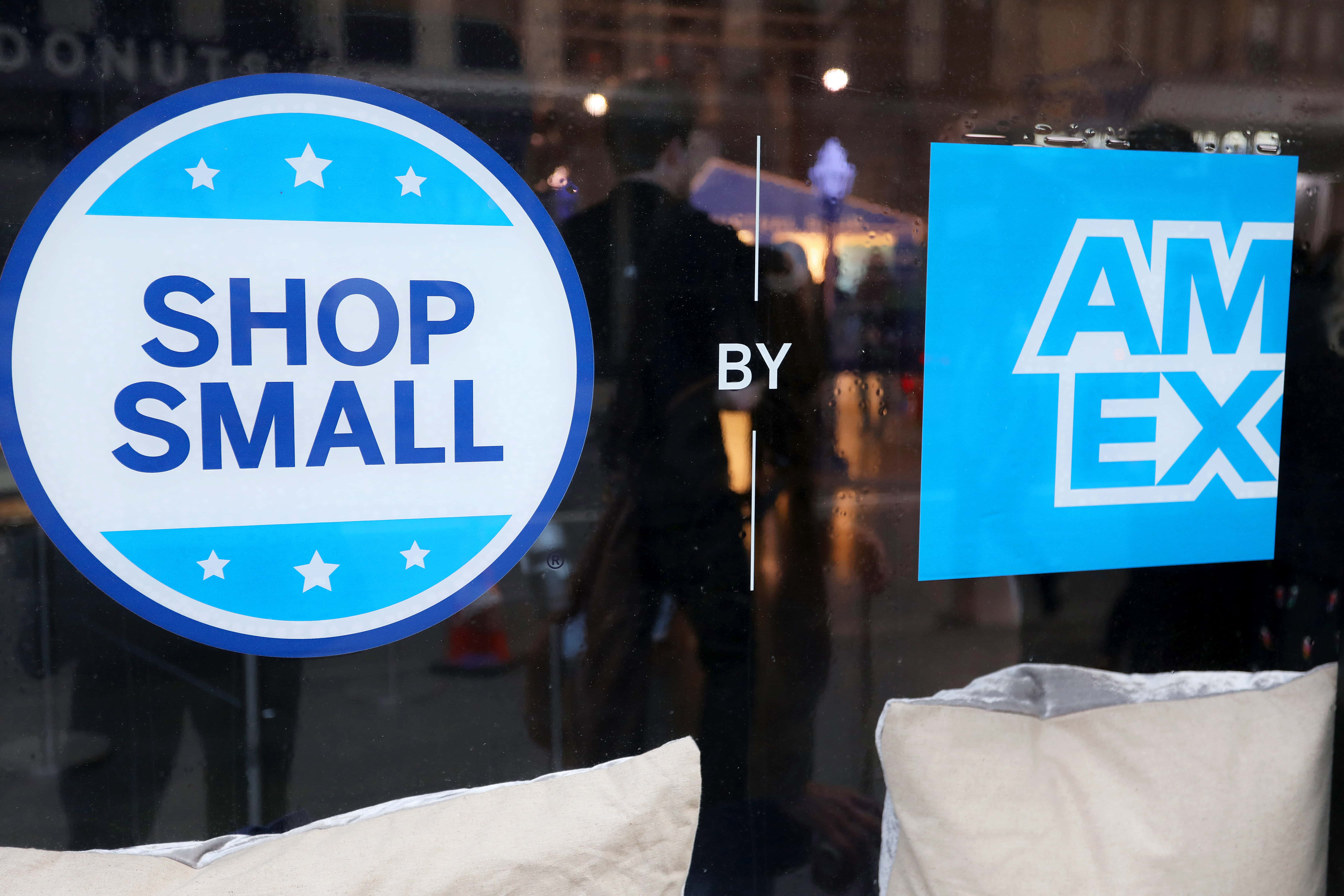What is a C-corporation? Joe Biden breaks campaign promise to help small businesses

On the campaign trail, Joe Biden promised he wouldn't raise taxes on small businesses and instead target mega-corporations like Amazon. Over a year later, as president, it appears Biden is breaking that very promise. The revelation comes after analyzing the White House's new tax proposal, backed by the president himself. While it does raise taxes on large corporations, small businesses are expected to bear the brunt of the raise.
Raising taxes on the rich has been a key initiative for Democrats, after years of reports of tax avoidance. In June 2021, ProPublica leaked IRS files indicating how people like Jeff Bezos and Elon Musk avoid paying taxes. The matter gained steam after reports revealed a hidden provision in the March 2020 stimulus package, that would see 82% of tax provisions unfairly benefit the ultrawealthy.
READ MORE
Warren Buffett slammed for avoiding tax after calling for higher taxes on the rich: 'Hypocrite'
As we revealed April this year, Biden's positions on the matter appear contrary to the Democratic base, who are now reportedly more wealthy than GOP supporters. Despite a flip in income levels, the Dems remain committed to reforms for the working class. So why then, will small businesses bear the brunt of Biden's new tax changes? It all comes down to a form of ownership called C-corporations (or C-corps), which are at the centre of the new changes.

What is a C-corporation?
A C-corp is a legal structure in which the owners/shareholders of a company are taxed separately from the entity. The reason most businesses prefer this structure is because it legally separates owners' or shareholders' assets and income from that of the corporation. It also means investors or owners liabilities are far more limited, should the business go under. Essentially, it allows owners to avoid any liability for their business, and avoid losing more than they put in.
Despite being subject to double taxation, small businesses prefer to opt for C-corp structures as the benefits outweigh the losses. Of course, today there are other structures business owners can use, such as s-corporations, and LLCs and even B-corporations, but a large number of small American businesses still use the C-corp structure. 2019 data from the US Census Bureau indicates that 96.4% of C-corps have fewer than 100 employees, and close to 79.3% of such businesses have less than 10 employees.
What it goes to show is that many small businesses prefer this type of structure, and in the past have benefitted from tax rules. However, that will all change in the coming months as the Biden administration now puts more onus on these types of businesses to cough up more.

New tax rules from White House
The tax rules have been backed by the White House and passed by the US Senate as part of the $3.5 trillion budget resolution. Sometime next week, the resolution, along with the tax change, will be debated in the House of Representatives. Under the proposal, the top marginal tax rate will rise from 37% to 39.6%, but that's not the issue. Taxes on c-corps will rise from 21% to 28%, a 7% rise.
Americans for Tax Reform calculated that the rise will affect around 951,000 small businesses, including 1.5 million c-corps. "The Biden plan calls for a federal corporate tax rate increase to a higher-than-communist China rate of 28%," the group noted. The administration has defended the rise, with deputy Treasury Secretary Wally Adeyemo saying, "President Biden's small-business agenda is about more than just helping businesses make it to the other side of this crisis. It is about building back better and creating a fair economy for all Americans."
The administration also emphasises that small businesses would benefit from tax cuts via the expansions of the child tax credit and Affordable Care Act subsidies through Covid-19 relief packages. But those benefits will expire soon. It's a complex set of rules, but the bottom line is small businesses are likely to bear the brunt of the change. That's quite a U-turn from his "No. Taxes on small businesses won't go up," claim during a February 2020 debate with Donald Trump.










